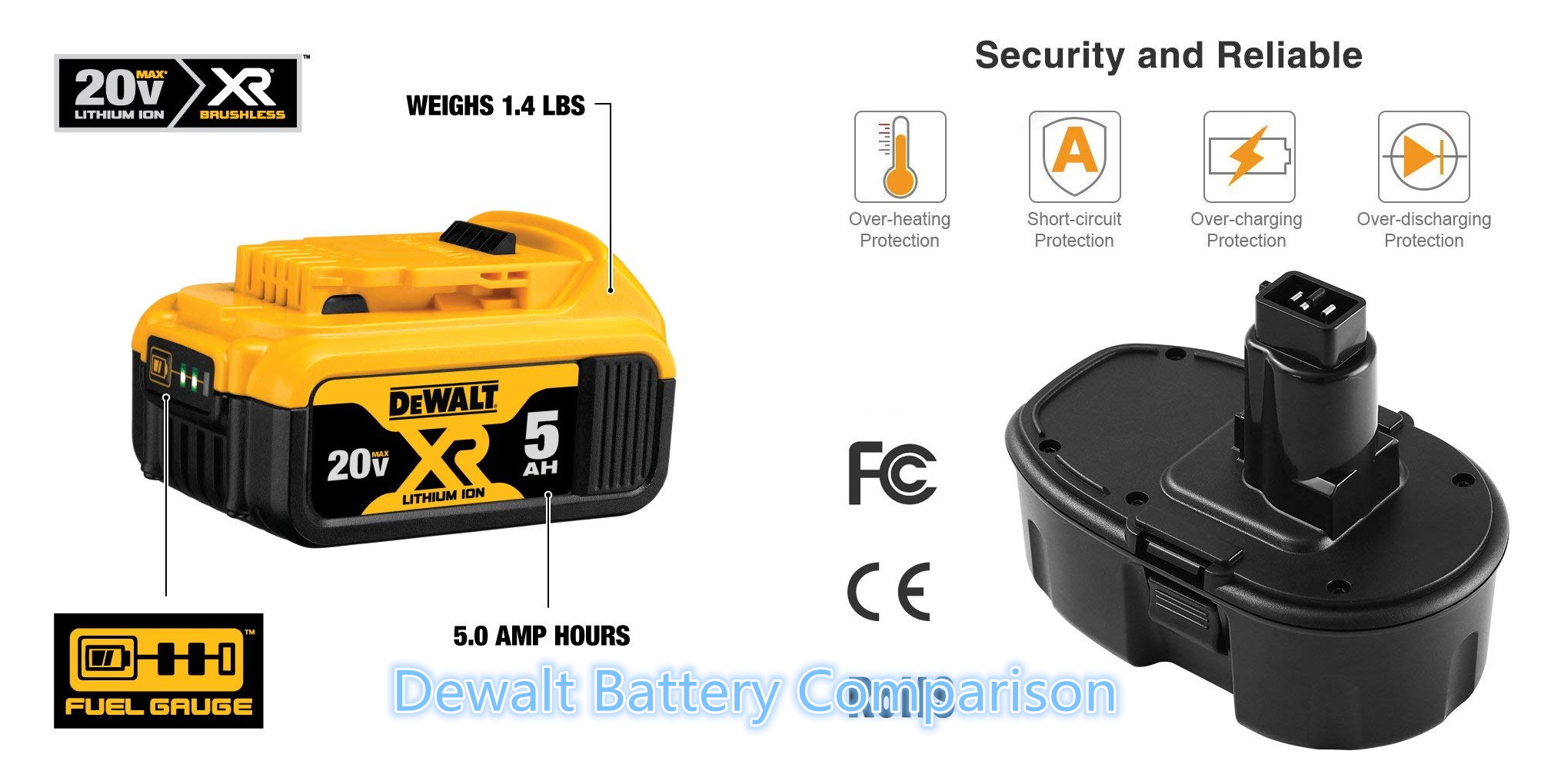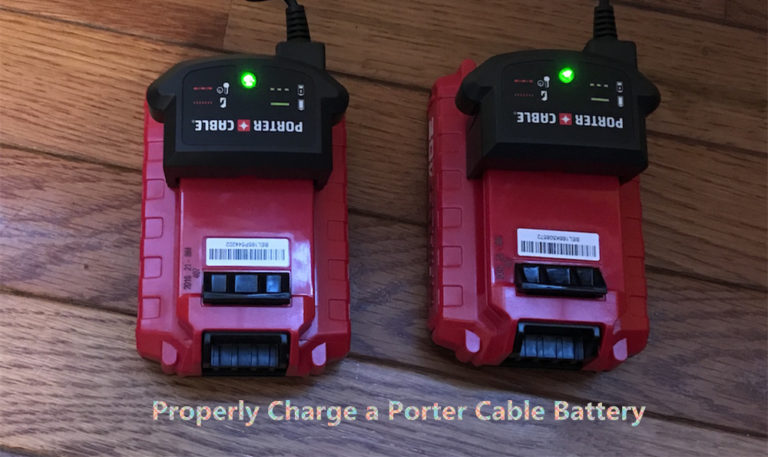Did your power tool stop working? Have you checked your power tool battery? Maybe it’s time to purchase a new one. But which one is ideal for you? Below is a simple Dewalt Battery Comparison between nickel cadmium and lithium ion :
The nickel cadmium Battery
PROS of nickel cadmium batteries:
- Tried and tested job site durability, nickel cadmium dewalt batteries are a true workhorse. A countless number of users can attest to the nickel cadmium and nickel metal hydride’s reliability and durability.
- Nickel cadmium and nickel metal hydride batteries are forward compatible to the latest chargers, meaning they can be charged with the newer lithium ion battery chargers.
- You truly get value for your money with nickel cadmium and nickel metal hydride dewalt batteries.
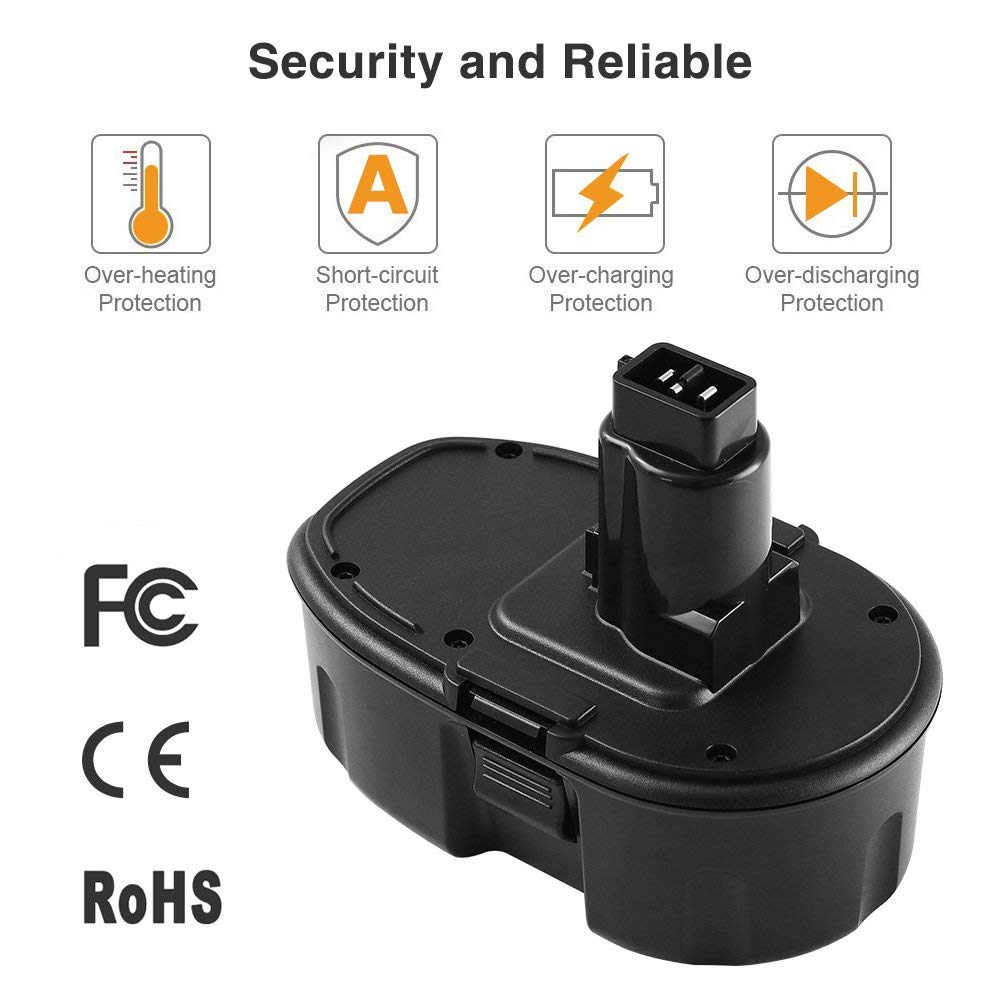
CONS of nickel cadmium batteries:
- Nickel cadmium batteries tend to be larger in size as compared to the lithium ion batteries.
- Nickel cadmium batteries are heavier in weight than their lithium ion counterparts.
- Unlike lithium ion batteries, nickel cadmium dewalt batterieshave been known to discharge when not in use.
The Lithium ion Battery
PROS of lithium ion batteries:
- Lithium ion is usually smaller in size as compared to nickel cadmium batteries.
- Lithium ion batteries are also lighter than their nickel cadmium counterparts.
- Lithium ion batteries have virtually no self-discharge, meaning that you can store them without worrying about having to charge them up again since its charge will remain.
- Lithium ion batteries are low maintenance.
- The energy density of lithium ion batteries is typically twice that of its nickel cadmium counterpart.
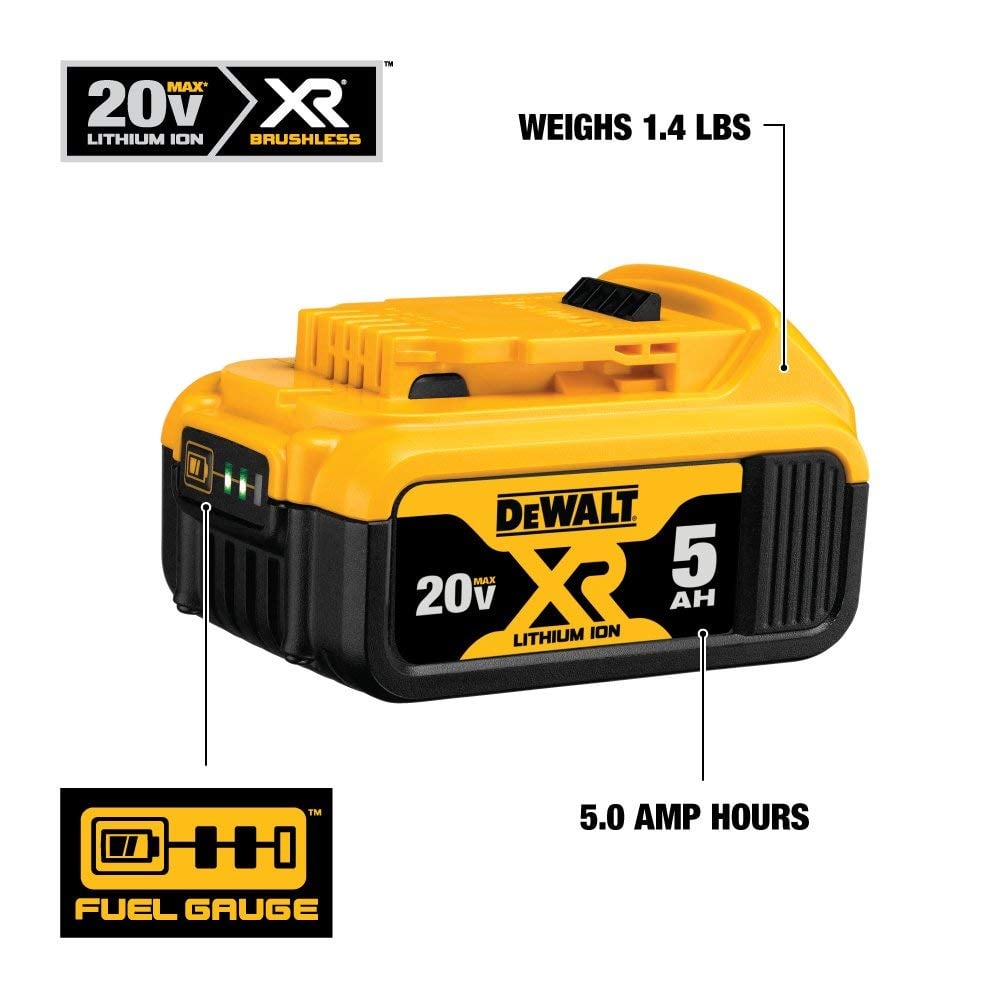
CONS of lithium ion batteries:
- Lithium ion batteries are very fragile and require a protection circuit in order to maintain a safe operation, thus, limiting its peak voltage.
- Lithium ion batteries have to be constantly monitored to prevent temperature extremes.
- The maximum charge and discharge current on most lithium ion batteries is limited.
- Lithium ion batteries do not age well.
- Lithium ion batteries have a lot of travel limitations.
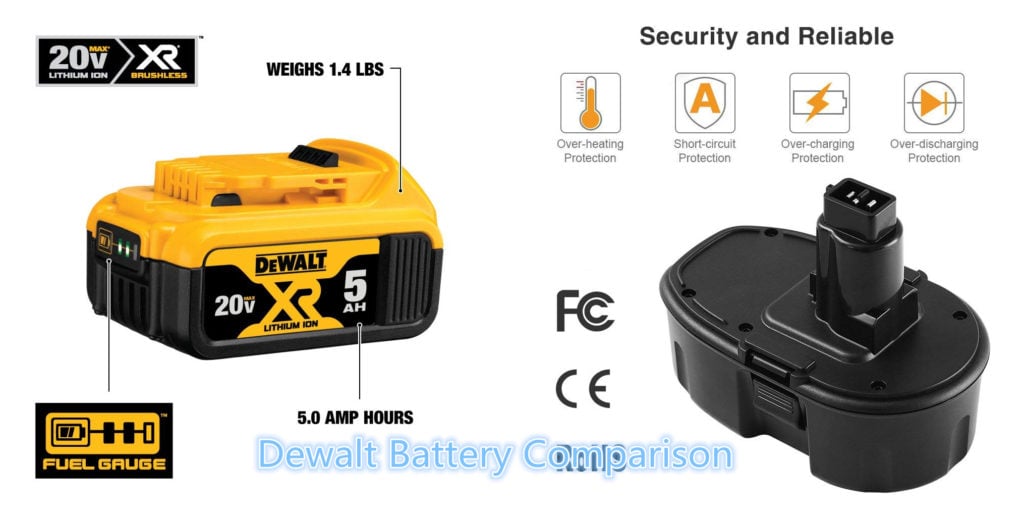
Which power tool battery is right for you?
It depends; choosing which power tool battery is right for you really depends on your needs and uses. Based on the pros and cons provided above, which battery would suit your needs? If you want something lightweight and smaller in size, opt for the lithium ion. But if you need a real workhorse that you can rely on to get the job done, especially when using power tools for a work site, it would be best to use nickel cadmium batteries.
Other important factors to consider:
Lithium ion does not automatically mean that it has more power.A power tool can perform harder and faster when its power is increased. The voltage of the battery and its motors efficiency, mechanism, and transmission determine its power output. In order to increase power output, you would need to increase your voltage. Thus, an 18V lithium ion battery and an 18V NiCd or NiMH all have the same potential to deliver the same amount of power because they are all the same voltage.
A lithium ion battery does not automatically mean a longer run time.When determining run-time, you would need to consider a battery’s voltage, capacity, and the efficiency of its tool design. When any or all of these three factors are increased, the power tool’s efficiency will also increase its run time.
Not all lithium ion batteries are created equal.There are hundreds and hundreds of different lithium ion formulas, each with their own benefits and features. One of the top performers, however, is definitely dewalt batteries.
Choosing between nickel cadmium and lithium ion dewalt batteries could prove to be confusing to a lot of individuals. Before purchasing a dewalt battery, make sure you make a dewalt battery comparision and know what you want and what you need and consider all of the factors enumerated above.

